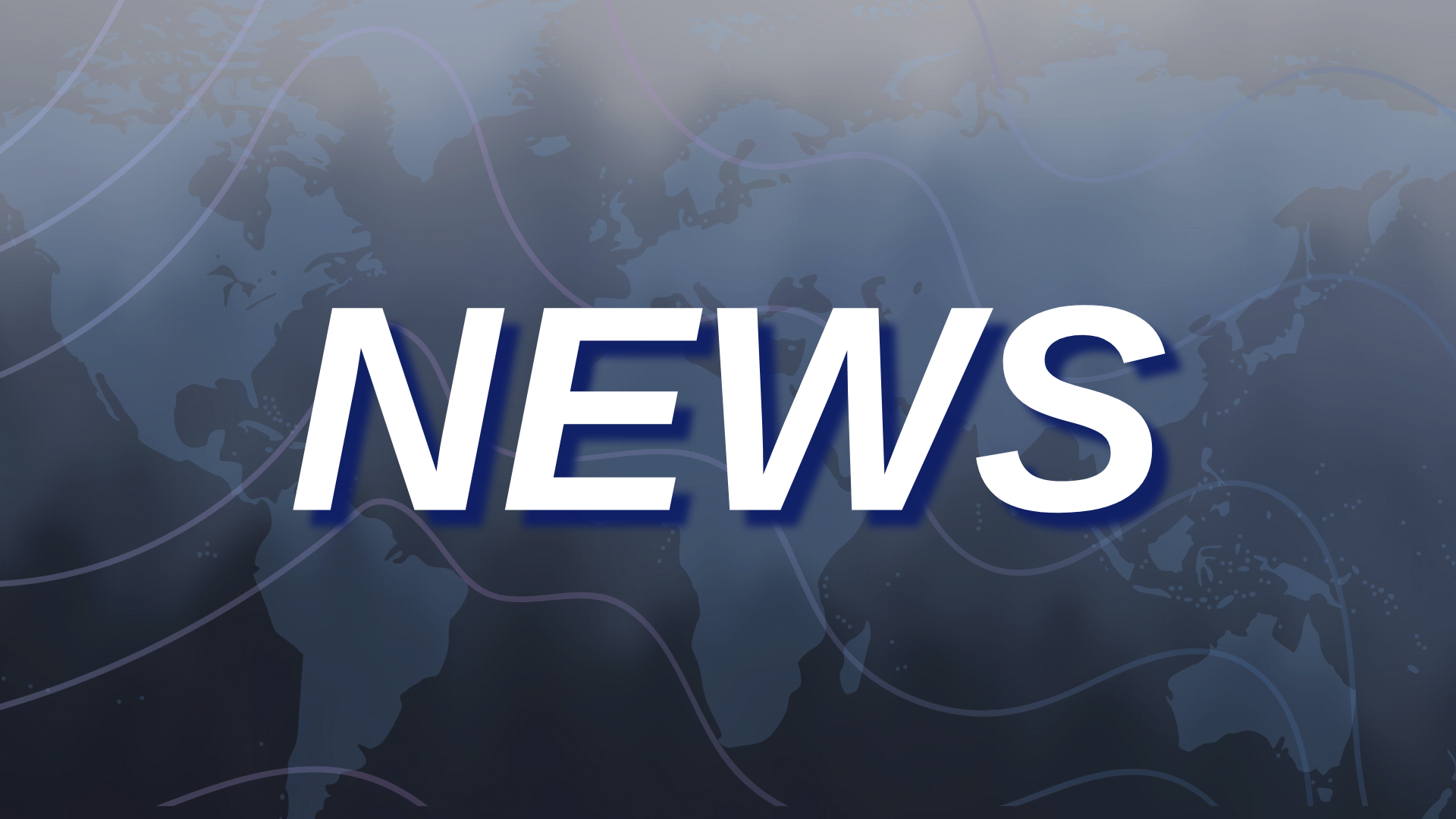
403
Sorry!!
Error! We're sorry, but the page you were looking for doesn't exist.
AI Emerges as Key Game-Changer in African Forensics
(MENAFN) As forensic science evolves rapidly across Africa, leaders from Somalia and The Gambia are positioning artificial intelligence (AI) as a potential “key” game-changer, though they caution that progress still depends heavily on training, resources, and international cooperation.
“In terms of AI, it is a new era in Somalia,” said Col. Muhidin Ahmed Osman, head of Police Criminal Investigations. He highlighted AI’s role in facial recognition from video footage and in streamlining evidence management. While still nascent, the technology is already making investigations “easier” and “faster,” accelerating the pace of forensic work.
Osman shared these perspectives with Anadolu during the 20th International Forensic Medicine Days held in Antalya, Turkey. The event gathered nearly 800 experts from 27 countries to discuss AI’s transformative potential in forensic science, with notable participation from African nations.
Somalia embarked on its forensic journey in 2016 by establishing its first forensic laboratory, relying initially on manual methods. “Since that, we structured our forensic lab in Somalia, then we trained our officers in different departments or units. One of them is digital forensics, the other one is fingerprint,” Osman explained. He also noted training in plastic and DNA sample analysis.
Despite these strides, AI’s use in Somalia is still mostly confined to physical suspect identification. The country currently lacks domestic DNA analysis capabilities, sending samples abroad to partner labs in South Africa. Additionally, Somalia shares biometric data with Kenya, Ethiopia, South Africa, and Uganda, facilitating cross-border tracking.
Osman stressed AI’s revolutionary promise: “If we initiate such kind of artificial intelligence in our forensic lab, everything will be done faster … it will change our day-to-day.” He confidently added that AI will simplify suspect identification and tracking, including monitoring their movements and crimes.
Somalia is actively exploring AI tools to integrate into its forensic workflow moving forward.
Foreign support remains critical to Somalia’s forensic development. Osman acknowledged significant US backing, with experts and mentors embedded in the forensic lab. Cooperation also involves the FBI, African Union, United Nations Office on Drugs and Crime, European Union, and Interpol. US assistance includes explosives analysis for terrorism probes, while digital evidence is sometimes processed abroad—highlighting the indispensable role of international partnerships in enhancing Somalia’s forensic capabilities.
“In terms of AI, it is a new era in Somalia,” said Col. Muhidin Ahmed Osman, head of Police Criminal Investigations. He highlighted AI’s role in facial recognition from video footage and in streamlining evidence management. While still nascent, the technology is already making investigations “easier” and “faster,” accelerating the pace of forensic work.
Osman shared these perspectives with Anadolu during the 20th International Forensic Medicine Days held in Antalya, Turkey. The event gathered nearly 800 experts from 27 countries to discuss AI’s transformative potential in forensic science, with notable participation from African nations.
Somalia embarked on its forensic journey in 2016 by establishing its first forensic laboratory, relying initially on manual methods. “Since that, we structured our forensic lab in Somalia, then we trained our officers in different departments or units. One of them is digital forensics, the other one is fingerprint,” Osman explained. He also noted training in plastic and DNA sample analysis.
Despite these strides, AI’s use in Somalia is still mostly confined to physical suspect identification. The country currently lacks domestic DNA analysis capabilities, sending samples abroad to partner labs in South Africa. Additionally, Somalia shares biometric data with Kenya, Ethiopia, South Africa, and Uganda, facilitating cross-border tracking.
Osman stressed AI’s revolutionary promise: “If we initiate such kind of artificial intelligence in our forensic lab, everything will be done faster … it will change our day-to-day.” He confidently added that AI will simplify suspect identification and tracking, including monitoring their movements and crimes.
Somalia is actively exploring AI tools to integrate into its forensic workflow moving forward.
Foreign support remains critical to Somalia’s forensic development. Osman acknowledged significant US backing, with experts and mentors embedded in the forensic lab. Cooperation also involves the FBI, African Union, United Nations Office on Drugs and Crime, European Union, and Interpol. US assistance includes explosives analysis for terrorism probes, while digital evidence is sometimes processed abroad—highlighting the indispensable role of international partnerships in enhancing Somalia’s forensic capabilities.

Legal Disclaimer:
MENAFN provides the
information “as is” without warranty of any kind. We do not accept
any responsibility or liability for the accuracy, content, images,
videos, licenses, completeness, legality, or reliability of the information
contained in this article. If you have any complaints or copyright
issues related to this article, kindly contact the provider above.


















Comments
No comment